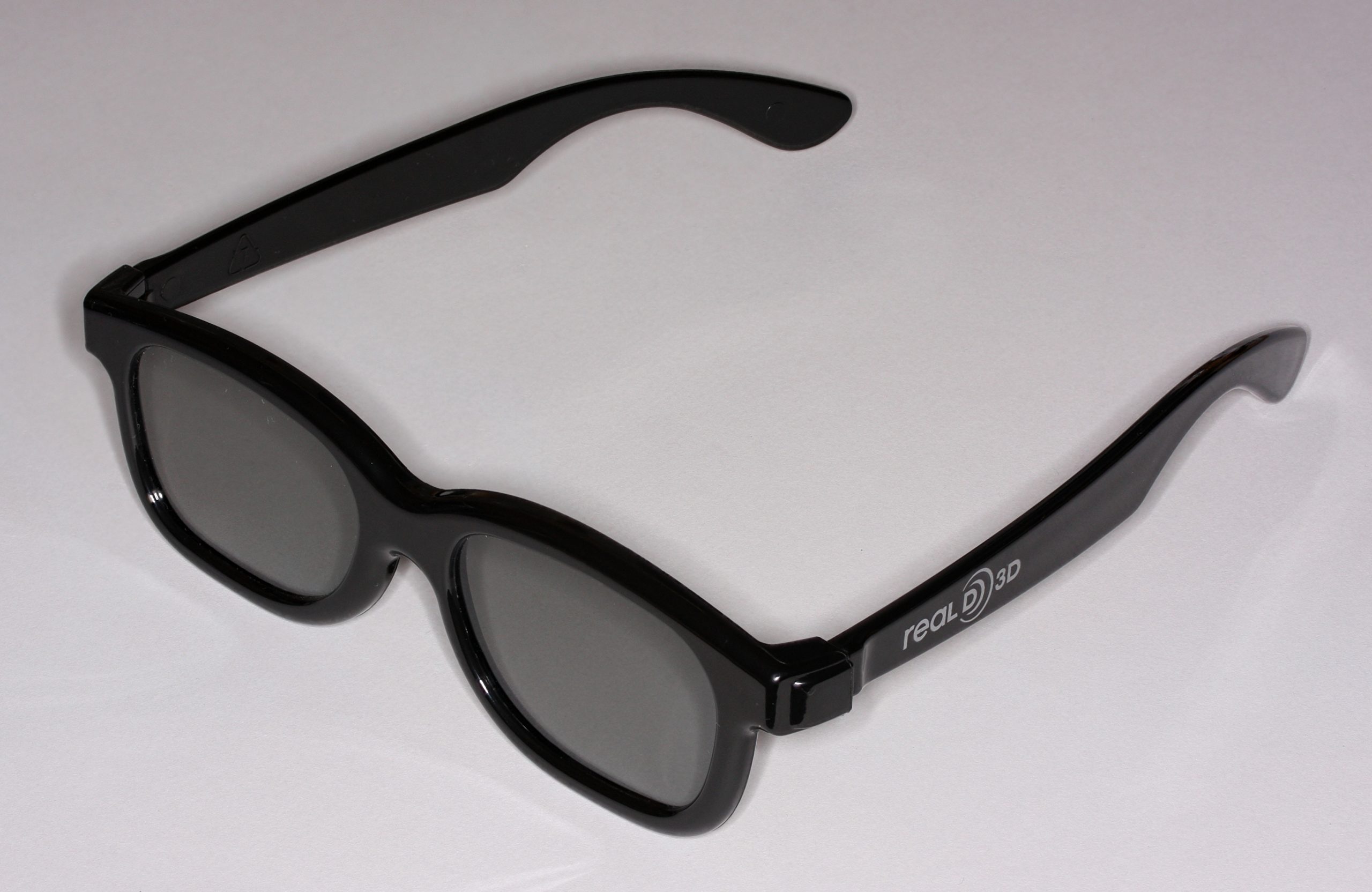Decoding ADHD Glasses: Fact vs. Fiction
Do specialized glasses offer a secret weapon against ADHD’s challenges? ADHD glasses, sometimes called focus glasses, have generated considerable buzz, promising to filter light and enhance focus. But do they truly deliver? These glasses utilize colored or specially coated lenses, acting as visual gatekeepers. By potentially minimizing distractions and boosting contrast, they aim to improve information processing. Imagine fine-tuning your visual input to better manage the sensory input associated with ADHD.
For individuals with ADHD, the world can feel like a constant sensory overload. Sights, sounds, and thoughts compete for attention, making focus elusive. ADHD glasses attempt to create a calmer visual environment, potentially easing this overload and improving concentration. This raises an important question: Could modifying visual input influence brain function, particularly focus and attention?
Potential Benefits of ADHD Glasses
Some users report positive experiences with ADHD glasses. They describe a lifting of brain fog, improved focus, and enhanced concentration. Others mention a decrease in sensory overload, making everyday life less overwhelming. Some even suggest improvements in visual processing speed and accuracy. Blue-light filtering glasses may improve sleep as well, potentially promoting a more refreshed feeling.
| Potential Benefit | Description |
|---|---|
| Sharper Focus | May make it easier to concentrate and stay on task. |
| Reduced Sensory Overload | The world may feel less overwhelming and chaotic. |
| Enhanced Visual Processing | Faster and more accurate interpretation of visual information is possible. |
| Less Stress & Anxiety | A calmer visual environment may lead to a more relaxed state of mind. |
| Improved Sleep | Specifically for blue-light filtering glasses; may promote more restful sleep. |
Important Considerations about ADHD Glasses
It’s crucial to understand that ADHD glasses are not a cure-all. They won’t magically eliminate ADHD or address all associated challenges. Like any tool, their effectiveness varies. Factors such as individual needs and the specific manifestation of ADHD symptoms play a role. What works wonders for one person might not benefit another.
Choosing ADHD Glasses (If You Decide to Try Them)
If you’re considering ADHD glasses, consulting an eye care professional is essential, especially for prism lenses. A qualified professional can assess your individual needs and guide you through the available options. Experimenting with different lenses and colors can help you find the best fit for your visual processing style. Adult braces before and after photos can similarly demonstrate the personalized results of interventions.
What the Science Suggests
While anecdotal reports on ADHD glasses abound, scientific research is still exploring their efficacy. More rigorous studies are needed to determine their effectiveness and identify who benefits most. Some experts express enthusiasm for their potential, while others remain skeptical, which is typical for newer interventions. Building a solid body of evidence takes time.
Learning from Others’ Experiences
Hearing from others who have used ADHD glasses can offer valuable perspectives. Both positive and negative testimonials contribute to a comprehensive understanding. However, remember that individual experiences vary. Consider it like reading online reviews: helpful, but take them with a grain of salt. You may have 10 signs you may have morton’s neuroma if you are experiencing pain.
The Future of ADHD Glasses
Research continues to investigate the complex interplay between visual processing and ADHD. Ongoing studies explore different lens types, colors, and their effects on attention, focus, and sensory processing. This research may clarify who benefits most from ADHD glasses and how to optimize their use.
As our understanding evolves, we’ll gain more tools to support individuals with ADHD. Staying informed and consulting healthcare professionals are key to navigating treatment options. This evolving understanding also applies to other conditions.
Key Takeaways: Do ADHD Glasses Really Work?
So, are ADHD glasses a game-changer or just hype? The science is still emerging. While some users report positive experiences, more research is needed to confirm their effectiveness. It’s important to view these glasses as a potential supplement to, not a replacement for, established treatments like medication, therapy, and lifestyle changes.
| Type of ADHD Glasses | Potential Benefits | Current Research Status |
|---|---|---|
| Tinted Lenses | Reduced glare, increased visual comfort | May help with specific visual tasks, but not core ADHD symptoms |
| Prism Lenses | Possibly improved reading speed and comprehension | Showing some promise, but more research is needed |
| Chromotherapy Glasses | Possible impact on mood and behavior, but likely indirect. | Limited scientific evidence to support claims |
Cost and insurance coverage vary. Discuss options with your eye doctor and healthcare provider for personalized advice. ADHD is complex, and what works for one person may not work for another. Ongoing research is crucial, so stay curious and informed.
Can Glasses Truly Help Manage ADHD?
ADHD glasses, marketed as focus or visual processing glasses, have gained attention. But can they truly address ADHD? It’s important to understand their purported function and the current scientific consensus.
These glasses, often with colored lenses or prisms, claim to filter light or alter visual processing to minimize distractions and boost concentration. While the concept is intriguing, scientific evidence supporting these claims for core ADHD symptoms is limited.
Some individuals with ADHD experience co-existing vision problems. In such cases, specific glasses may address these visual challenges, but this does not equate to treating ADHD itself. Improving a vision problem doesn’t treat the underlying ADHD, similar to how treating a headache wouldn’t fix a sprained ankle. While some wearers report less eye strain or easier reading, these subjective experiences don’t address core ADHD symptoms like inattention, impulsivity, and hyperactivity.
Effective ADHD management should prioritize evidence-based treatments:
- Medication: Stimulants or non-stimulants, as needed.
- Therapy: CBT and behavior management techniques.
- Lifestyle Changes: Exercise, balanced diet, and sufficient sleep.
ADHD glasses might offer limited relief for co-occurring visual issues, but they aren’t scientifically proven to treat core ADHD symptoms. Altering visual input alone likely won’t address the underlying neurodevelopmental mechanisms. Ongoing research may change our understanding, but current evidence doesn’t support their widespread use for ADHD.
Consult a qualified healthcare professional for an accurate ADHD diagnosis and appropriate treatment plan. They can address your concerns regarding ADHD glasses or other alternative treatments, guiding you toward the most effective strategies.
Understanding Success with ADHD
While ADHD presents challenges, many individuals with ADHD thrive and achieve great success. This isn’t simply overcoming obstacles; it’s about harnessing the unique strengths often associated with ADHD. ADHD isn’t an on/off switch, but a spectrum. While some may struggle more, others find their ADHD brains offer advantages.
Strengths Associated with ADHD:
- Hyperfocus: Intense concentration in areas of interest can lead to remarkable productivity and expertise.
- Creativity and Innovative Thinking: Connecting seemingly unrelated ideas and thinking outside conventional boundaries can lead to innovative solutions.
- Resilience and Adaptability: Navigating challenges and bouncing back from setbacks are valuable skills for long-term success.
- Entrepreneurial Drive: Restlessness and a desire for novelty can fuel an entrepreneurial spirit, leading to achievements in the business world.
Strategies for Success with ADHD:
| Strategy | Description |
|---|---|
| Mindfulness & Emotional Regulation | Practicing these techniques may help manage impulsivity and improve focus. |
| Time Management & Organization | Structured routines and tools like calendars can be beneficial for some individuals. |
| Professional Support | Personalized strategies and medication management from therapists, coaches, or psychiatrists can be helpful. |
| Building a Supportive Network | Connecting with understanding individuals creates a supportive community. |
Neurodiversity and ADHD:
Viewing ADHD through a neurodiversity lens recognizes that neurological differences are normal. ADHD isn’t a deficit, but a different way of thinking, with its own strengths and challenges. Embracing neurodiversity celebrates the unique contributions of individuals with ADHD.
Ongoing research continues to explore ADHD’s complexities. While many questions remain, this research promises more effective support strategies.
People with ADHD often succeed because of the cognitive strengths it can bring. By understanding these strengths, developing coping strategies, and embracing neurodiversity, individuals with ADHD can unlock their full potential and achieve remarkable things. The focus should be on building strengths and managing challenges, creating a path toward a fulfilling and successful life.










